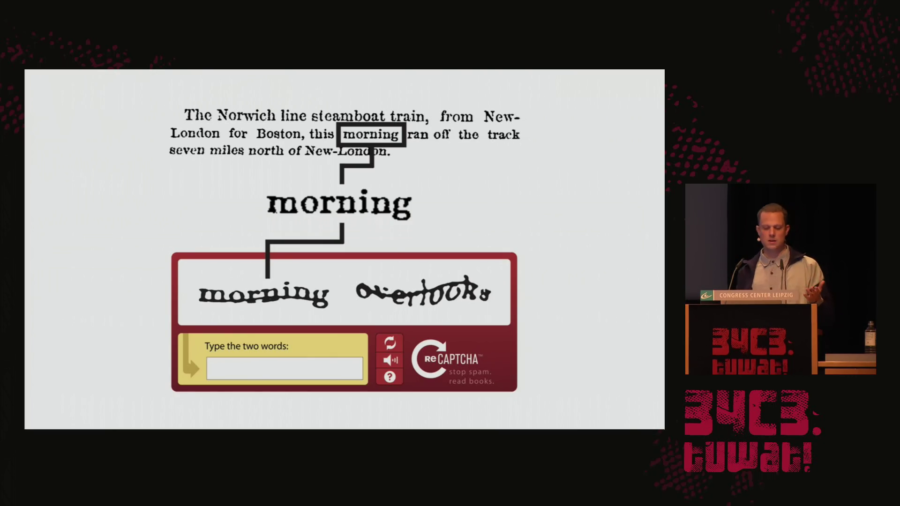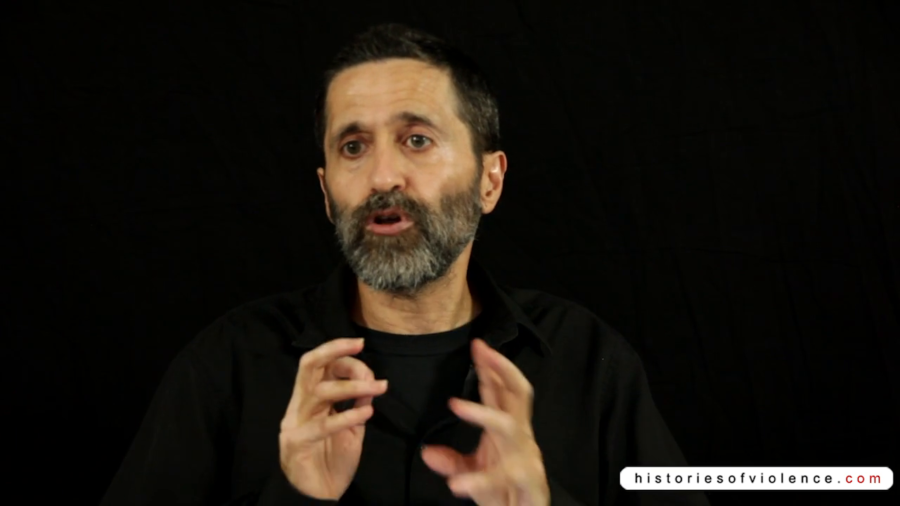What is this condition? I would summarize it as people extending computational systems by offering their bodies, their senses, and their cognition. And specifically, bodies and minds that can be easily plugged in and later easily be discarded. So bodies and minds algorithmically managed and under the permanent pressure of constant availability, efficiency, and perpetual self-optimization.
Archive
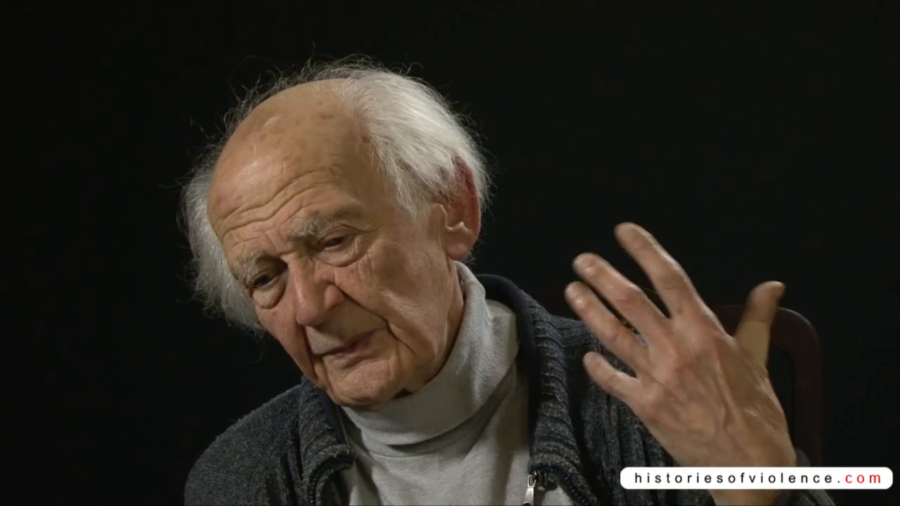
In pre-modern societies there was no idea of waste; everything was going back into life—recycled, as we would say today. If there were more children coming into the world in a family, then obviously there was room for them, and extra work somewhere in the farmyard, in the field, in the stable. And of course a place around the table. So the idea of being redundant, having no place in society, simply didn’t occur.

I’ve been thinking about disposable life and the meaning that might have in societies today. And I decided that the kind of disposable life that most concerns me is the kind that we either resolutely don’t see, ignore, or neglect. Or the kind that we do see but can’t seem to deal with.

When I think about disposability, I think about namelessness. I think about whose pictures are taken in refugee camps. Or whose stones without names you look at at a mass grave, or just a ditch for that matter. To be disposable is to be nameless in somebody’s eyes.
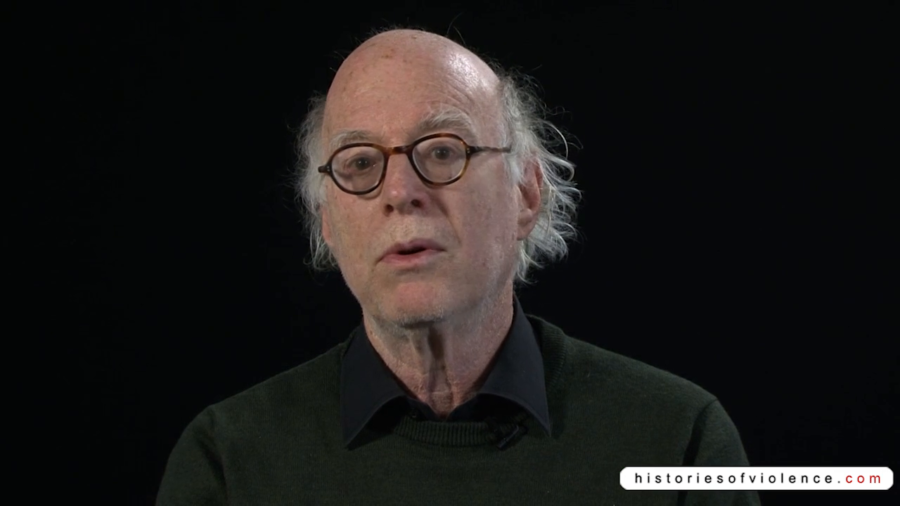
In the world of labor and work, the phrase “disposable life” refers to a new wrinkle in neoliberal capitalism. And that wrinkle is that it’s cheaper to dispose of workers in Europe and America than it’s ever been in the past.
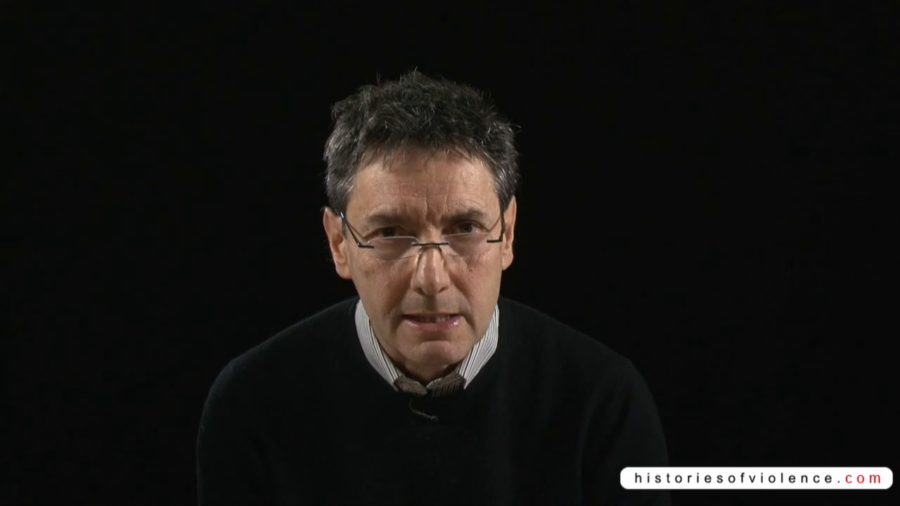
My approach to the question of disposable lives is this: In an age of late capitalism, advanced technology, and mass media, are lives easier to dispose of now than in the past? And my response is, unfortunately, yes it is easier now. And this isn’t simply because of the technology that is available today that simply wasn’t available in the past.

